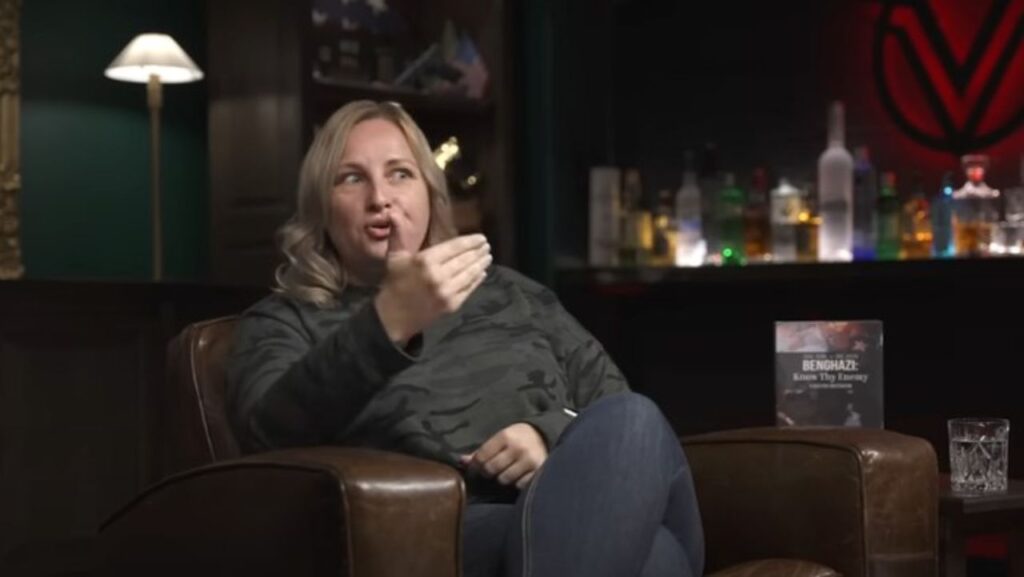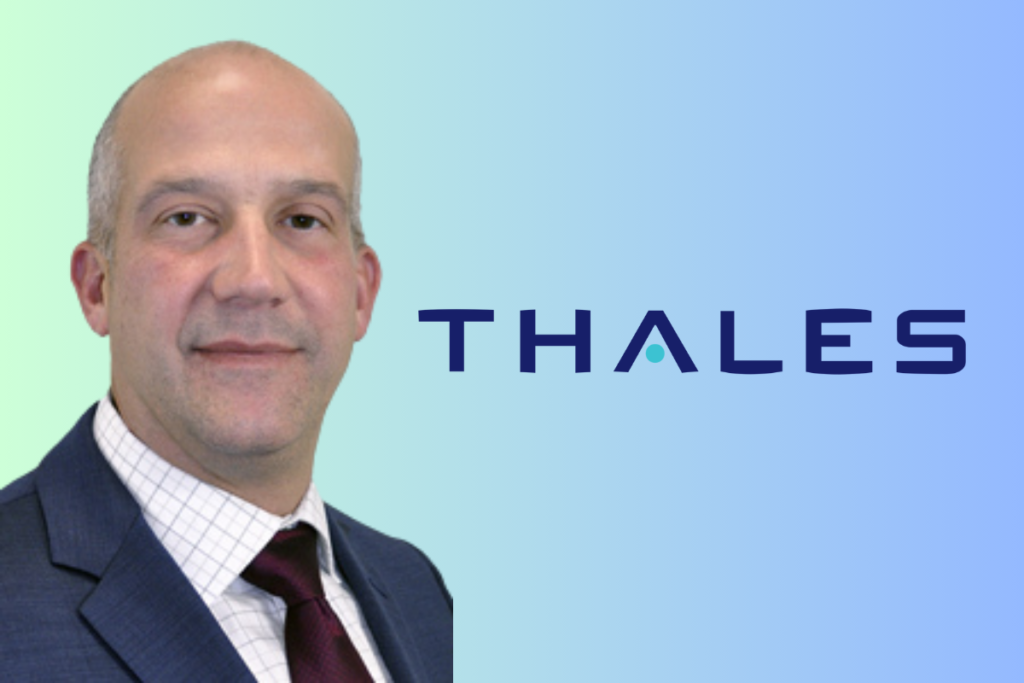In an unprecedented turn of events, South Korea’s impeached President Yoon Suk Yeol spent his first night in solitary confinement at the Seoul Detention Centre, following his formal arrest on charges of insurrection. This marks the first time an incumbent South Korean president has been detained, a development that has sent shockwaves through the nation.
Following his impeachment, Yoon remained defiant, barricading himself within the presidential compound. It wasn’t until January 15, 2025, after a tense standoff involving over 1,000 police officers, that he was apprehended. Despite his initial resistance, Yoon eventually allowed himself to be detained to prevent further violence.
Upon arrival at the detention center, Yoon underwent standard processing procedures, including a mugshot and physical inspection. He was issued a khaki uniform and assigned to a 12-square-meter solitary cell, slightly larger than typical inmate accommodations.His daily routine now mirrors that of other inmates, with meals totaling 2,500 calories and a schedule from 6:30 a.m. to 9 p.m.
The charges against Yoon are severe, with insurrection being one of the few crimes for which a sitting South Korean president does not have immunity. If convicted, he could face the death penalty, although South Korea has not carried out executions in nearly three decades.
His detention is expected to last up to 20 days for questioning, with a potential extension of six months if indicted. Yoon’s supporters have reacted vehemently to his arrest.
Following his detention, hundreds of loyalists stormed the Constitutional Court, leading to violent clashes with law enforcement and significant property damage. Out of 90 individuals detained during the unrest, 66 remain in custody, facing charges including trespassing, obstruction, and assaulting police officers.
The political ramifications of Yoon’s arrest are profound. The Constitutional Court is now tasked with determining the legitimacy of his impeachment, a decision that will have lasting implications for South Korea’s political landscape.
In the interim, Prime Minister Han Duck-soo has assumed the role of acting president, navigating the nation through this turbulent period. Internationally, Yoon’s arrest has raised concerns about stability in the region, particularly given the heightened tensions with North Korea and China.
Domestically, the situation has polarized public opinion, with some viewing his detention as a necessary step toward upholding democratic principles, while others see it as a politically motivated overreach. As South Korea grapples with this unprecedented crisis, the coming weeks will be critical in determining the nation’s trajectory.
The outcome of Yoon’s legal proceedings and the Constitutional Court’s ruling on his impeachment will not only shape the future of his presidency but also set significant precedents for the country’s democratic institutions.


